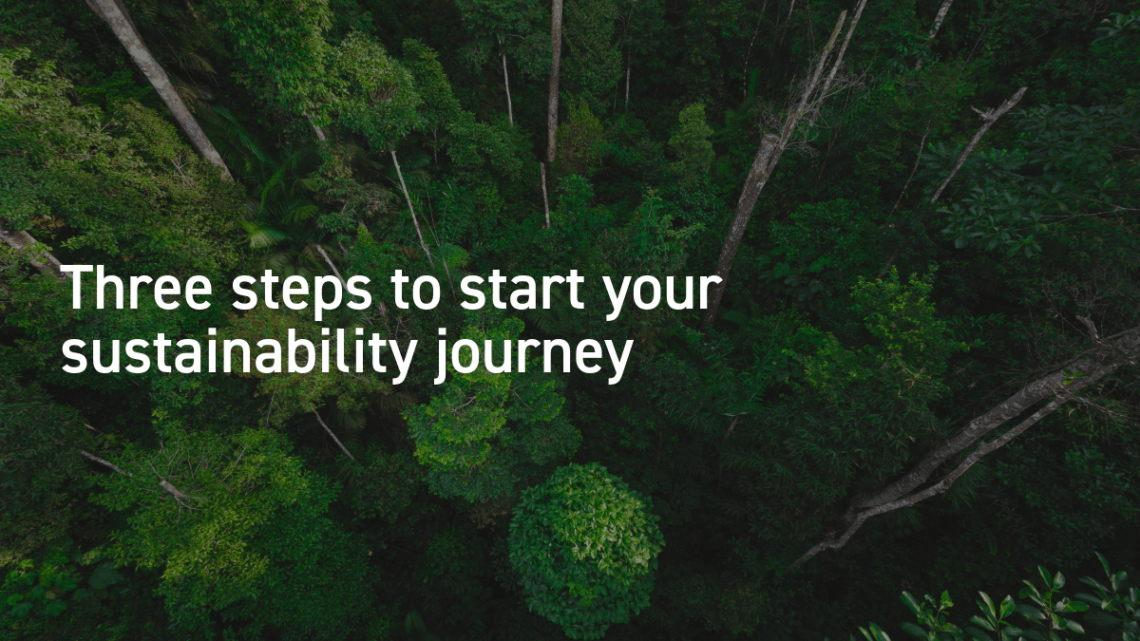
Last week the Scottish government ditched its target to reduce greenhouse gas emissions by 75% by 2030. The truth is that they are not the first — and they won’t be the last. Many businesses have set themselves net zero goals to achieve by 2030 but if they want to meet this deadline, they need to move faster.
It’s no easy feat but sustainability is not something that business can afford to ignore any longer. A YouGov survey last year revealed that more than two thirds of consumers (68%) now consider environmental factors before making a purchasing decision. It’s not just customers. A study by IBM highlights how 70% of employees say that a sustainability program would make their current or future employer more appealing.
So, if you haven’t yet, here are three ways you can get started on your sustainability journey.
Set clear objectives
The first step for a firm looking to improve their green credentials is to have an accurate understanding of where they stand at the moment.
Invest the time in understanding what your current impact on the environment is by calculating your company’s carbon footprint and seeing how this stacks up against industry benchmarks. Once you have a clear picture, you will be in a far better position to set objectives that are both realistic and measurable, and an action plan to get you there.
Prepare for sustainability reporting
While it’s positive to see the introduction of several new ESG frameworks, it can be easy to become overwhelmed. Start by identifying which standards are the most relevant for your business and the industry in which it operates, and the data – both financial and non-financial – that needs to be collected as part of your chosen reporting framework.
It’s incredibly important that you communicate data accurately and transparently with your stakeholders. Greenwashing is a growing problem but one that can be easily avoided if businesses are honest about the progress they are making.
Keep up to date with regulation
The ESG regulatory landscape is fast moving and so it is important to regularly monitor for updates from industry bodies. There are also a number of climate related taxes you may need to be aware of.
One example is Plastic Packaging Tax (PPT). First introduced in 2022, the aim is to provide incentives for businesses to use recycled plastic in the manufacture of plastic packaging. This month the rate of PPT has increased from £210.82 per tonne to £217.85 per tonne, tying in well with the ‘Planet vs. Plastic’ theme of this year’s Earth Day.
As well as paying the right amount of tax, it is worth investigating whether there are any green funding initiatives or tax reliefs that your business may be entitled to. Your accountant will be able to help you with this.
Looking ahead
The majority of businesses are aware of the importance of sustainability, but the progress is simply too slow. With the latest reports that our planet is tipping into a dangerous new phase of climate change, more needs to be done to help businesses reach their goals faster.
At HW Fisher, we are proud to be part of a sector that has an important role to play when it comes to the climate transition, and we look forward to supporting our clients to make sure that their impact on our planet is a positive one.
We’d love to hear from you. To book an appointment or to find out more about our services: